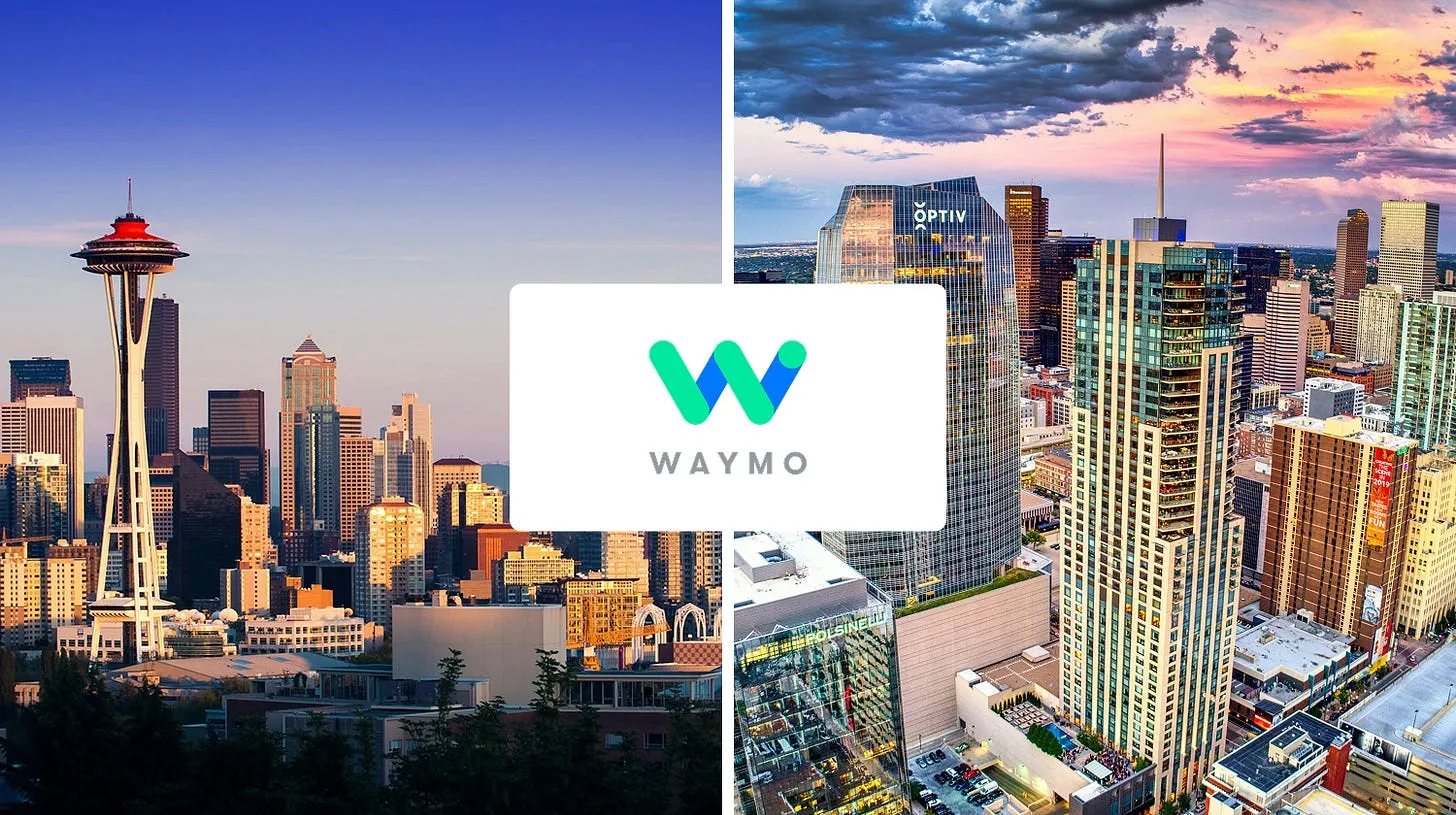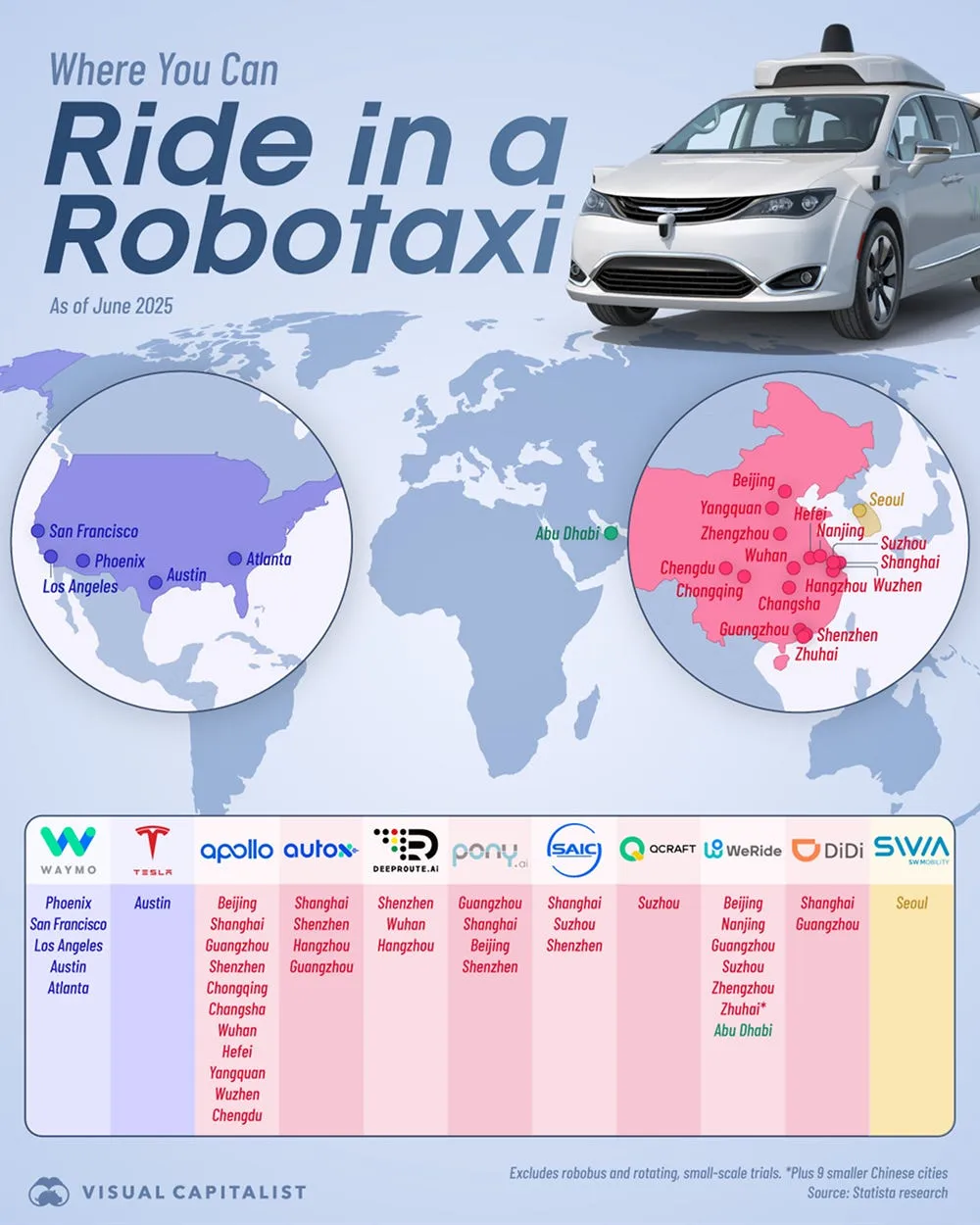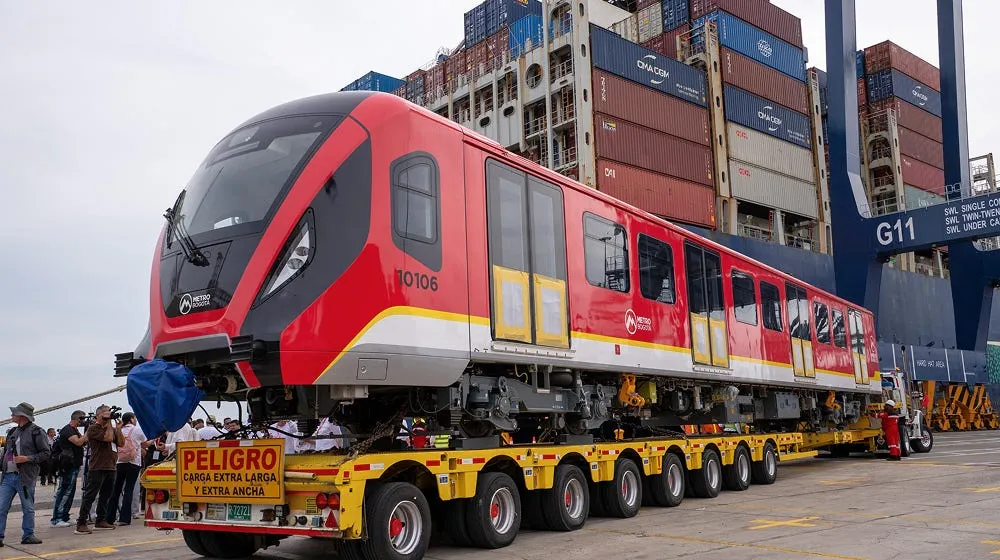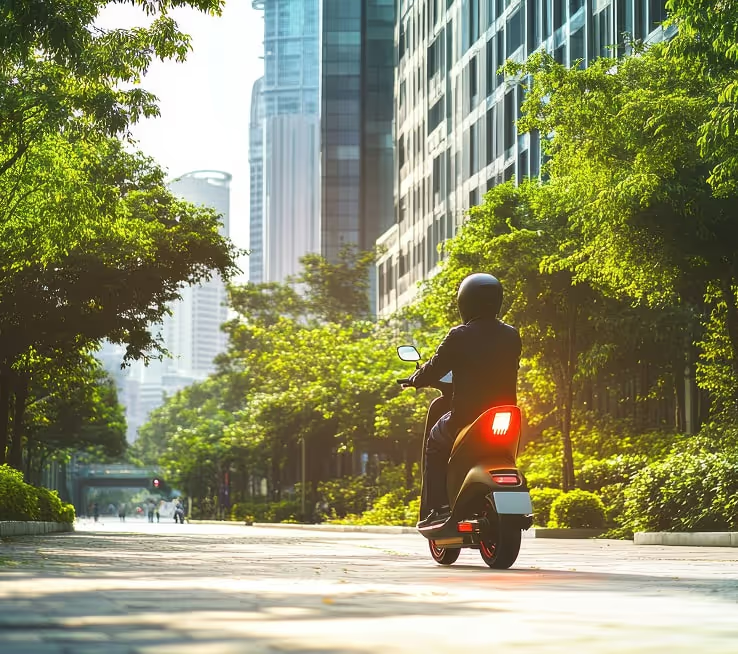Why is China so far ahead on autonomy?

And big transit news in London, Philly & Bogota.
It feels like every week brings news of the expansion of autonomous driving in the U.S., most recently Waymo’s plans to launch robotaxis in Denver and Seattle. But if you think America is moving fast, you need to pay more attention to China, where far more companies are operating in far more cities.
The past week also offers a wide spectrum of news on public transit systems at various stages of development and/or sabotage. Londoners brace for a five-day strike that will bring its world-class Tube to a halt, Philadelphians are given a short-term reprieve from budget cuts that threaten to upend America’s most cost-efficient transit system, and Bogotanos cheer the arrival of their first-ever subway car.
Also, Canada walks back its EV target, Africa gets its first taste of eVTOLs and the Trump administration unveils new proposed rules for autonomous vehicles and releases guidance on EV charging that gas stations are cheering.
What you need to know

Waymo expands to Seattle, Denver: Alphabet’s robotaxi firm will begin operating in Denver and Seattle, using both the familiar Jaguar I-PACE SUV and bubbly vans made by Zeekr, the autonomous subsidiary of Geely, the Chinese automaker. The AVs will be human-operated at first, but Waymo says it hopes to begin fully autonomous commercial operations in Denver next year and in Seattle as soon as it can receive permits.

China’s big robotaxi lead: A striking map by Visual Capitalist shows how much more widespread and diverse the autonomous driving scene is in China, where eight companies are operating in 15 different cities. In the U.S. Waymo is offering entirely unaccompanied rides in five cities (San Francisco, Los Angeles, Austin, Atlanta, Phoenix) and Tesla has begun offering rides with a human safety operator in parts of Austin.
Judge orders full restoration of Philly transit: A judge in Philadelphia orders the transit agency, SEPTA, to restore all of the services it cut last month in response to a lawsuit alleging the cuts will have a disproportionate effect on low-income riders and minorities. SEPTA, which is no longer receiving hundreds of millions of dollars in toll revenue from the state, faces a $210 million shortfall in its operating budget and needs the state legislature to come through with funding in order to avoid a nearly 50% cut in service. To comply with the judge’s order, SEPTA will be forced to dig into its capital budget as it awaits help from the state legislature, where Democrats and Republicans are struggling to agree on a long-term funding mechanism for transit in the Keystone State.

At this inflection point in the American mobility ecosystem, the nation's decision makers are attending CoMotion LA ‘25, Nov. 12-13. Join them, along with cutting-edge companies, investors, and public sector partners as they discuss what's next.
Hurry, Super Early Bird sale ends Sep 22 at midnight.
Gas stations win with new EV charging rules: As the Trump administration reluctantly revives the $5 billion National Electric Vehicle Infrastructure charging program, new guidance favors sites where the operator also owns the land (think gas stations and truck stops), sidelining typical EV charging firms that lease space.
Canada walks back EV target: Prime Minister Jay Carney suspends a mandate requiring that 20% of new vehicles sold in Canada next year be electric, but maintains the longer-term requirement of 60% EVs by 2030 and 100% EVs by 2035. The current EV share in Canada is just under 12%. Carney’s move comes amidst signs of an economic slowdown in Canada, likely in part due to the effects of tariffs imposed by the U.S.
London braces for Tube strike: Service on the London Underground will be severely disrupted –– if not halted entirely –– as members of the Rail, Maritime and Transport Union stage a five-day strike for higher pay and a shorter workweek.
Africa’s first taste of air taxis: Rwanda partners with China Road and Bridge Corporation to launch the first public flight of an autonomous electric air taxi at the Aviation Africa Summit in Kigali, the nation’s capital. Rwanda has been an early adopter of cutting-edge aviation technology. Since 2016 it has partnered with drone operator Zipline to deliver medical supplies and blood to hard-to-reach rural areas.
Trump administration hypes new rules for AVs: Transportation Secretary Sean Duffy says the administration is planning new rules to make it easier to produce autonomous vehicles. The administration proposes changing requirements for windshield wipers, windshield defrosting, lamps, and transmission shift position sequence. All of those current requirements exist to ensure that humans can operate the car safely but may not be necessary for self-driving cars.

Bogota’s first train arrives: The first train car for Bogota’s future metro arrives in the city after a month-long ocean from China. It is the first of 30 vehicles, manufactured by Chinese state-owned manufacturer CRRC, that will run in a metro system that has been envisioned since the 1970’s but is not scheduled to be complete until 2028. Bogota has a robust bus system, including bus rapid transit, and has earned international acclaim for its efforts to encourage biking and restrict driving, but it is far behind Colombia’s second largest city, Medallin, when it comes to rail.
AI logistics startup raises $85M Series A: Augment, a company that has developed an AI assistant for the freight industry, raises $85 million in a round led by Redpoint. The San Francisco-based startup was founded by Harish Abbott, who in 2022 sold a another shipping startup, Deliverr, to Shopify for $2.1 billion.
Even in war, traffic safety matters: The United Nations’ peacekeeping force in the war-torn Central African Republic is partnering with internal security forces to raise awareness about dangerous driving practices in response to high levels of traffic deaths.
What we’re reading
India’s honking crisis: NPR takes a look at the driving culture in Mumbai, where the constant honking has prompted many drivers to seek out even louder car horns. To save people’s hearing – and time – perhaps Mumbai should consider credit-based decongestion pricing, the subject of the most recent CoMotion Deep Dive!

